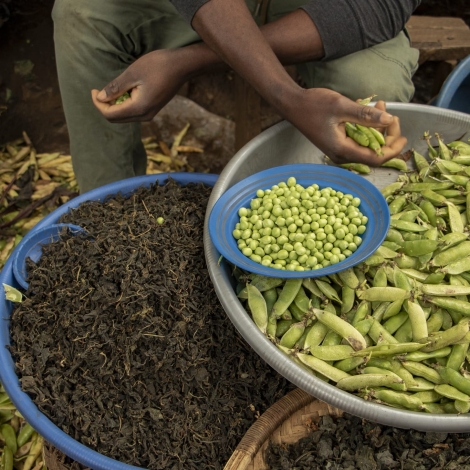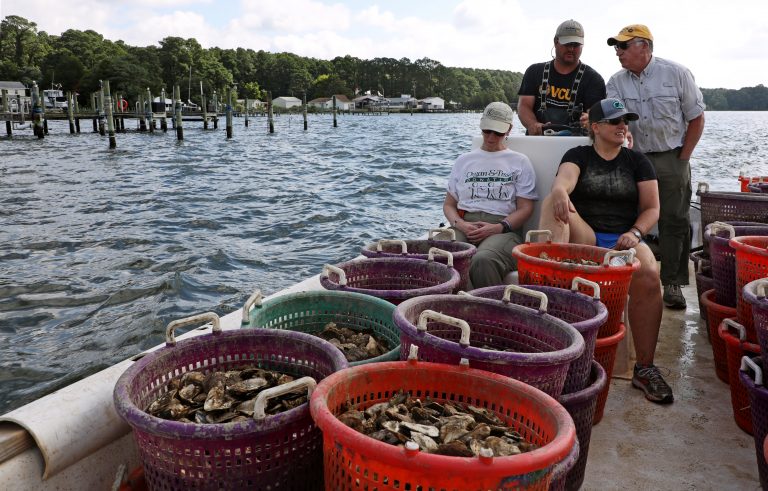I lived in the western Indian state of Rajasthan for most of 2006-07. To say that it quickly became one of my most favorite places in the world would be an understatement. I worked on one of the most ambitious urban renewal programs of Government of India, known as the Jawaharlal Nehru National Urban Renewal Mission (JnNURM). My work focused on the sub-mission, providing basic services to urban poor, with an emphasis on water and wastewater infrastructure projects. Therefore, it really saddened me to learn that the Rajasthan State Human Rights Commission (SHRC) is demanding information from the state government about reports of food adulteration. State media has reported a variety of unsafe food practices, including the use of sewage water to clean vegetables.
Poor environmental regulation and freshwater pollution could lead to millions of deaths in Asia, the Middle East and Africa by 2050, the UN reports.
The United Nations recently released an extensive report on the state of the global environment warning that poor environmental regulations could lead to millions of premature deaths in Asia, the Middle East, and Africa by 2050. The report notes that freshwater pollution could lead to a rise in anti-microbial resistance and associated deaths. The report urges the public, businesses, and political leaders to salvage the environment by pursuing sustainable development.
See products and infrastructure to manage wastewater in E4C’s Solutions Library.
In Malawi, which has been the news recently for the devastation caused by tropical cyclone Idai, agriculture employs up to 64 percent of the population. Fresh food waste is a major health and urban management problem. This is because most people still shop at large, open-air markets, which produces a great deal of waste. It is a common practice across most of the African continent and also in Asian and LatAm countries.
At the Limbe Market in Malawi, more than a ton of organic waste is generated each day. The city council transports the waste from market to a composting facility where it is turned into rich, organic compost. This is then sold on to consumers. This isn’t an approach used widely due to transport, logistical and space constraints. However, this facility shows that it’s technically feasible to divert waste from landfills and to add value to an otherwise useless product. Economic analysis of the benefits of composting have also been conducted. It also shows that financial and environmental benefits are higher than relying on landfill. Composting helps prevent the harmful agriculture run-off in to the surface water bodies and groundwater aquifers. An open windrow composting can also be a low-cost option for local council to manage their organic waste in developing countries. Community perceptions remain the main barrier to adopting human waste for composting and later use as fertilizers, which could be also be a viable option.
See products and infrastructure such as Mitticool Clay Refrigerator that prevent post-harvest loss using little to no electricity.
If we hop continents over to Latin America, we can observe the same practice working and demonstrating results in Chile’s cities. Chile is a leader among Latin American countries in recycling and reducing CO2 emissions. The country will also host COP in December. Chilean government is unveiling new projects in the wake of COP in one of Santiago’s poorest neighborhoods, La Pintana. Each week, city officials collect 140 tons of organic waste in the form of fruit and vegetable scraps. Residents are provided with bins and instructed on how to segregate the waste at its source. This material is hauled to a nearby field where it is mixed with soil and earthworms to be made into organic compost. This compost is then sold to the market. The project started in 2005, with aid from the World Bank and has come a long way in reducing the amount of waste that goes into the landfill and the carbon emissions that this waste amounts to. According to Felipe Marchant, Environmental Management Director-La Pintana Municipality, this started with the intent to reduce the financial burden of the municipal government and is the fundamental idea of what is called today the ‘circular economy’.
While news from Rajasthan may sound discouraging at first glance, if done right along with the support structure, connecting food waste and sanitation services can help farmers, environment and consumers. It can also contribute towards a circular economy.
March 22 is World Water Day with #leavenoonebehind as the global call for action. Integrated approaches such as above could contribute in the longer run to help achieve the SDGs by linking food, water, and sanitation systems.

